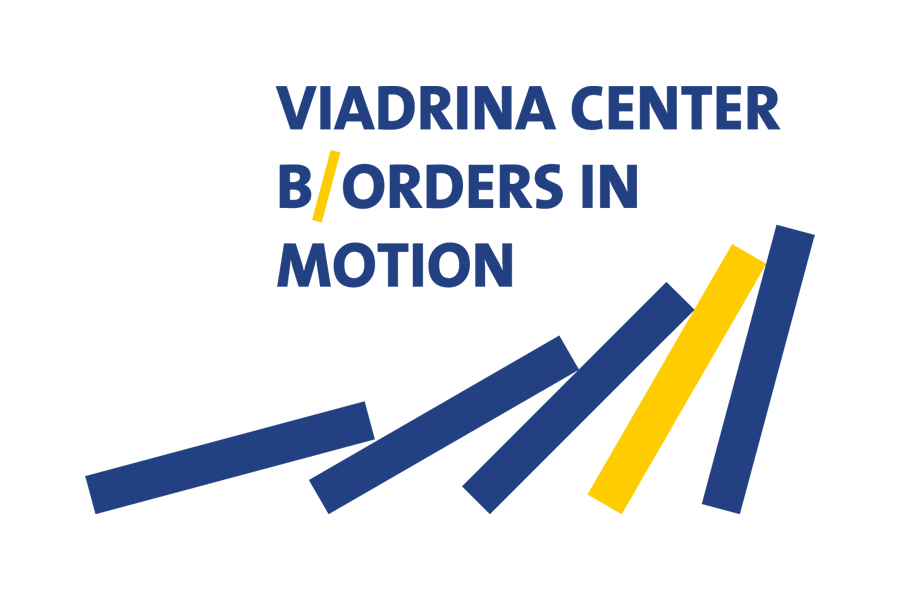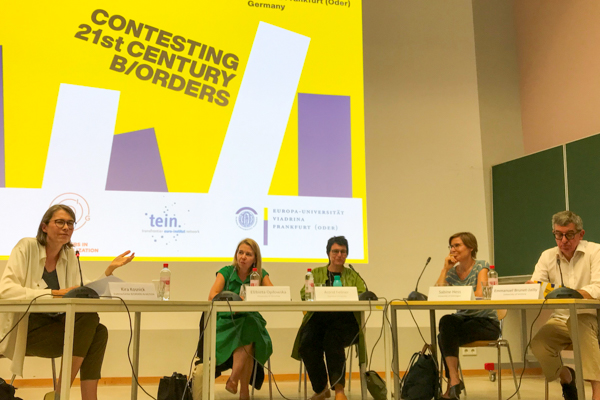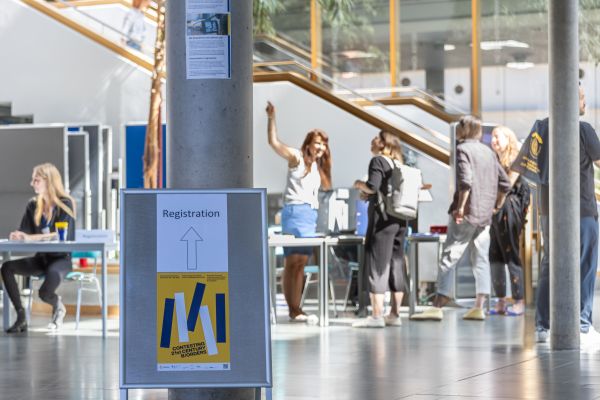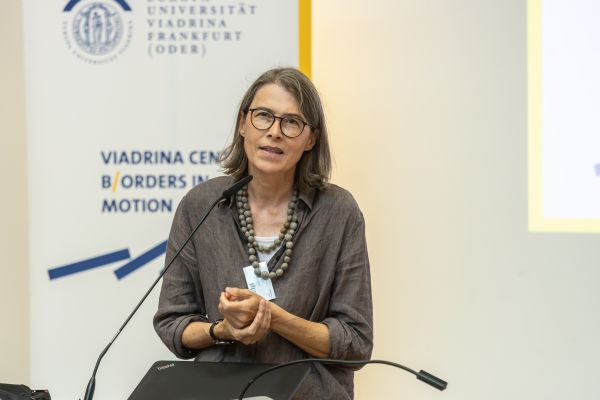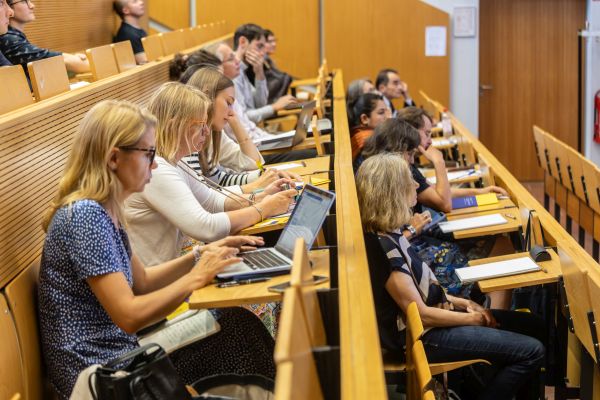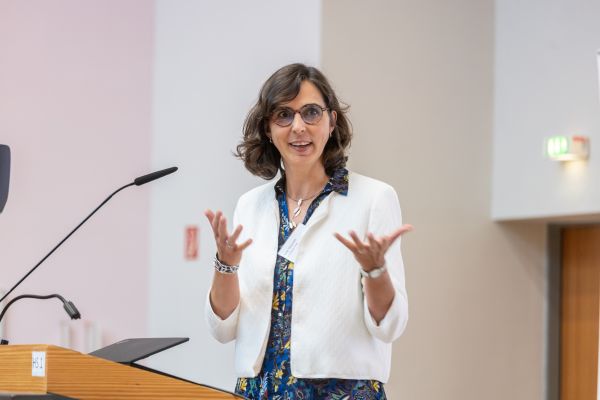International Conference 2023 - „Contesting 21st Century B/Orders”
Bild und Text
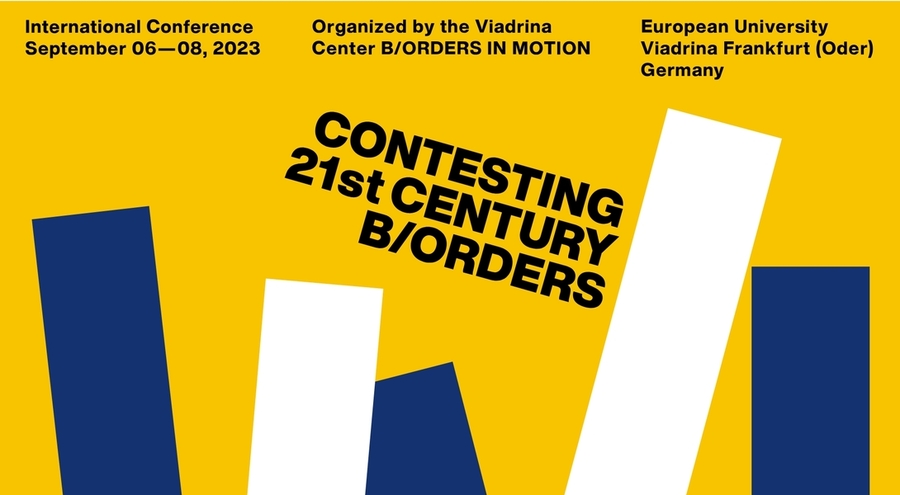
A little more than two decades into the 21st century, state borders have once more moved to the center of today’s geopolitical tensions. Russia’s war against Ukraine has brought a renewed focus on border contestations, not only in Central Europe. However, at stake in the contestation of borders is not only a territorial political order or the sovereignty of particular states. The relationship of borders to orders is also crucial in determining regulations and norms that govern different forms of inclusion, recognition and exclusion of social groups within states.
Thus, societal orders require drawing borders, whether they mark nation-state or trans-state associations or mark the contested boundaries of symbolic classifications. With migration and mobility, borders not only function as filters that selectively open or close but also as „hierarchizing machines“ that produce different status categories. Territorial and material borders, as well as social, symbolic and discursive boundaries and their instantiation, play an essential role in practices of power, practices through which processes of inclusion and exclusion are legitimised and hierarchically structured. Societal orders, for example, set boundaries of belonging to national communities and European or Western civilization. Both within the territorial borders of states and transnationally, they define racially and ethnically defined boundaries and mobilise hegemonic norms of gender and sexuality. At the same time, borders and societal orders, whether economic, legal, social, or cultural, are anything but stable. It is thus crucial to investigate how borders and orders are reproduced, contested, and transformed.
At the international conference „Contesting 21st Century B/Orders”, the Viadrina Center B/ORDERS IN MOTION, in cooperation with the international research networks “Borders in Globalization“– 21st Century borders (BIG) and "Transfrontier Euro-Institut Network" (TEIN), aims to discuss how societal orders in the 21st century are changing through new forms of the border and boundary drawing and to investigate how the borders of the contemporary world are shaped.
The Viadrina Center B/ORDERS IN MOTION invites you to Frankfurt (Oder) on the German-Polish border to engage in vivid discussions on this highly relevant and debated subject. From September 06-08, 2023, a range of border and order concepts will be put up for discussion: What processes of inclusion and exclusion do they condition? What grey zones and liminal spaces are created by them to what effects? Building on the aspects of marking (durability), permeability, and the formation of border zones (liminality) highlighted by the Viadrina Center B/ORDERS IN MOTION in its founding phase, we focus on the interplay of multidimensional – social, symbolic, and material – border demarcations and their significance for societal orders. Thus, we contribute to scholarly debates in which borders are described in their complexity and multiformity and conceptualized as assemblages, borderscapes, interfaces, or border textures.
> Please find the Flyer with Program Overview HERE.
> Please find the Program Booklet HERE.
> Please find the Conference report here: Tagungsbericht .
> Please find the the Viadrina Logbook report HERE.
Organizational Team
Prof. Dr. Kira Kosnik
Dr. Dagna Zinkhahn Rhobodes
Dr. Andrea Meissner
Maria Klessmann, M.A.
Marlen Reinschke, M.A.
Lisa Ramroth, B.A.
Tobias Häußler, B.A.
With financial support by:
Deutsche Forschungsgemeinschaft
Schroubek Fonds Östliches Europa
Nomos Verlagsgesellschaft
